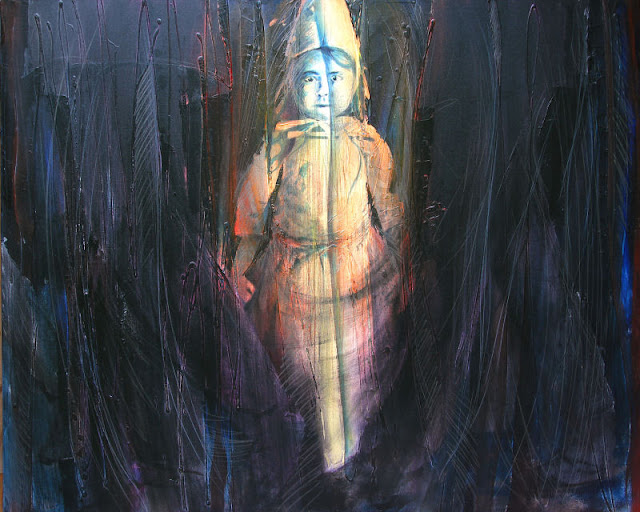Dear Little Emily: Psychosomatic

Grandma Frees the Ptarmigan The audio version of this story is available on my MakerTube . Dear Little Emily, You’re sitting on the floor of Mum and Pappa’s house, by the big brown bookshelf and the wide darker-brown row of Encyclopedia Britannicas. You have one open on your lap—number twenty-two—its huge brown covers rested against your bare knees, and you’re running your finger down the one of the many shiny, thin-paper pages of the PSYCHOLOGY section. Jeez there are a lot of things to say about psychology. But nowhere, not anywhere at all, do you see the word ‘psychosomatic’ popping up. Finally, after picking through hundreds of words you can’t bother to try out, you land upon this: PSYCHOPHYSICS, "a department of psychology which deals with the physiological aspects of mental phenomena." Mental. Grandma is a mental case, that’s for sure. And amazingly, like the heavy book is calling her right out of crazy-land, the next listing in the book is PTARMIGAN. "A gallinace...





